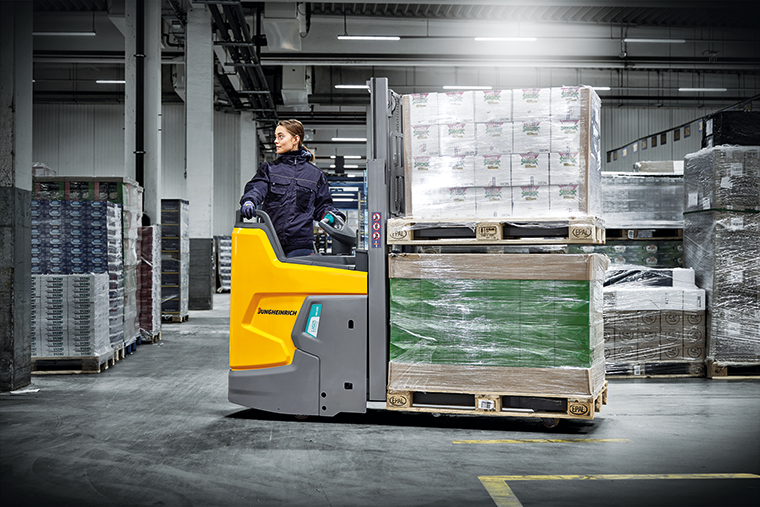As the UK has now opened up again from national and local lockdowns, businesses continue to re-evaluate their processes in order to adapt and find stability in these uncertain times. In particular, for the retail industry, for clear reasons there has been a significant shift away from the high street to the online shopping environment, moving the emphasis from in store fulfilment to individual ecommerce deliveries.
As such, the ways in which retailers and other parts along the supply chain must manage demand has had to change. The idea of forecasting peaks in demand around the traditional holiday periods, such as Christmas, can no longer be relied upon in isolation. For example, the retail sector experienced a 209%growth in April 2020 compared to the previous year, but many retailers were completely unprepared for this surge.
So how can businesses prepare for unexpected demand surges without disrupting their processes and impacting costs? Alexander Baal, director of sales operations, Jungheinrich UK, explains how a new approach to materials handling rental could be the answer to a more streamlined and flexible strategy.
Market volatility
There are arguably three elements that have become focuses for warehouse operators throughout the pandemic; demand for immediate high availability of staff and equipment, an emphasis on streamlining usage and a reduction in wasted resources.

Rental, along with used forklift trucks, is now seen as a compelling solution for businesses, and many are rethinking the way rental can be used to their strategic advantage. This includes combining both long-term contract hire rental that comes with affordable rates, with short-term hire which provides the flexibility required during times of anticipated demand increase.
But given the unprecedented volatility that has hit almost every industry, businesses are looking to become more agile, and are therefore seeking ways to unlock even more efficiency. Combined with increasing pressures to match output with cash flow and higher focus on working capital considerations, businesses need to be able to maintain their usual activity levels while still rapidly adapting to changes in the marketplace when necessary.
Unlocking efficiency
A new rental strategy that is built around an ‘as a service’ model can empower businesses with the confidence that they have the ability to rapidly meet unexpected demands. In addition to the minimum amount of long or short term rental trucks that the business is used to maintaining, they can also keep further trucks on site with an availability fee at a fraction of what they would normally pay. As soon as demand ramps up, they have instant availability of additional materials handling equipment on site – no need to wait for any supplier lead times or to take delivery costs. Effectively, they can increase and decrease operations as and when needed – an output-driven solution that they only pay for when they use it.
In the current economic climate, this ‘pay per use’ model can help businesses to eradicate waste from their operations by placing the emphasis on paying for usage, not for a truck sitting idle. In particular for those businesses that cannot be certain about their opening hours and equipment usage beyond a minimum amount, this strategy can provide the flexibility and ROI they need.
Back up plan
To say the past 18 months has been full of disruption and uncertainty would be an understatement. But it has demonstrated the fact that our world is becoming more complex, and guaranteed stability in the market is unlikely to return for some years to come.
As such, there is a greater need than ever for flexibility in logistics processes and equipment. And once stability returns to a certain extent, businesses will still need to deploy a handling equipment strategy that is complementary to the current fleet portfolio.Even with contract hire equipment on site, businesses can immensely benefit from equipment on standby, waiting in the wings in case another truck goes down or additional support is required to keep business critical logistic operations running. Not only will this strategy benefit the market peaks and troughs in demand right now, but also in the long term as we continue to ride the waves of economic turbulence.









